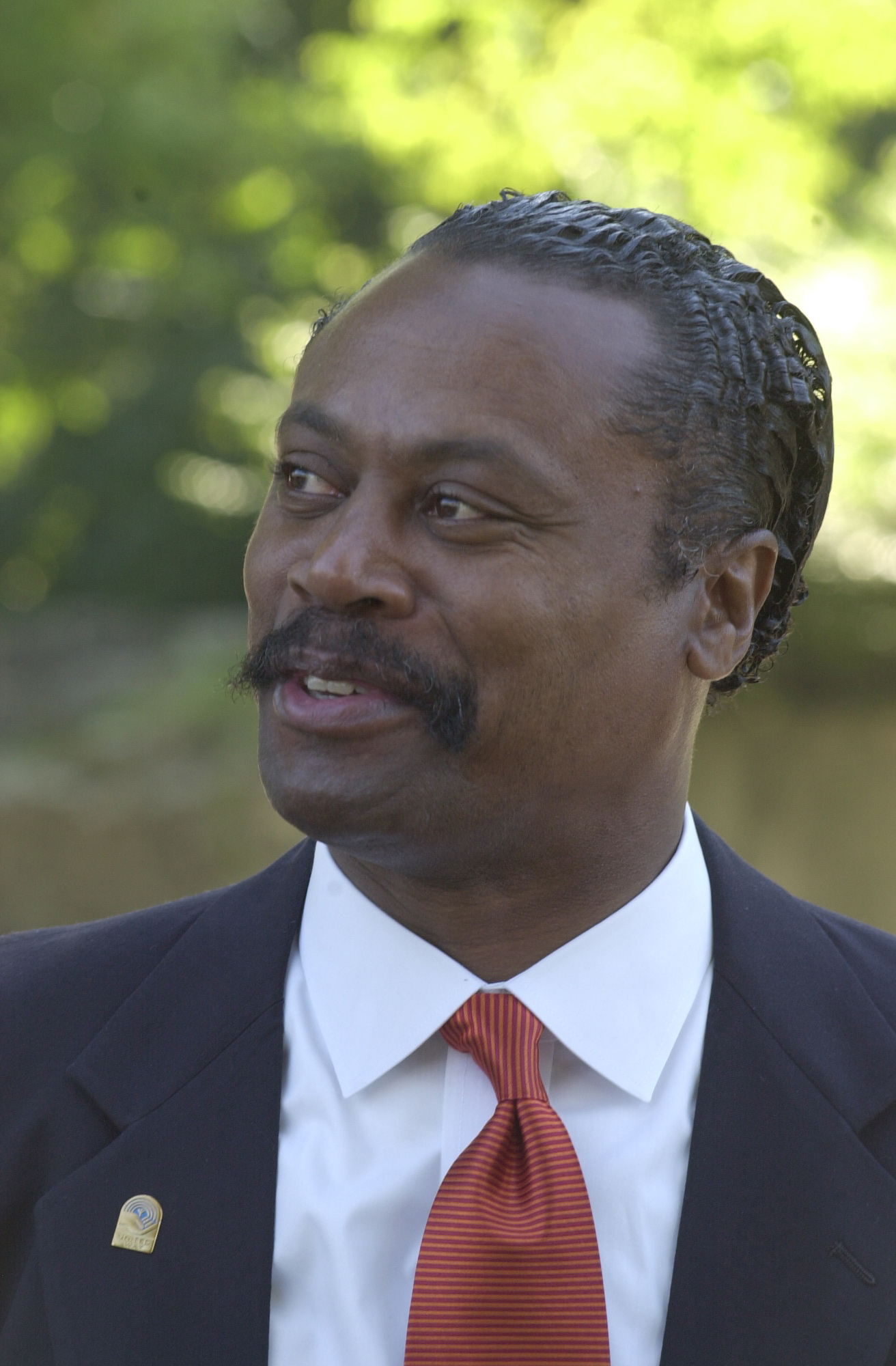UT staff, faculty eye boost in pay
Friday, January 1, 1904
PRELIMINARY COMPENSATION PLANSubject to approval from the UT system board of trustees:• Everyone will get a 2.5 percent across-the-board increase, as mandated by the state.• The University of Tennessee at Chattanooga is proposing an additional $400,000 to develop two plans for faculty and staff: a market/equity plan to help close the market pay gap among faculty and staff as well as a merit/bonus plan to recognize and reward exceptional performance.Source: University of Tennessee
Schools in the University of Tennessee system are coming up with plans to improve lagging compensation for faculty and staff.
If raises are approved by the UT board of trustees, every employee in the University of Tennessee system will get a 2.5 percent across-the-board increase, with a $1,000 minimum for those making $40,000 or less. The increases would take effect July 1.
The University of Tennessee at Chattanooga also is proposing using $400,000 for market and merit pay adjustments, said Richard Brown, vice chancellor of finance and operation. The merit-market adjustments would occur in September, he said.
Each of the seven institutions in the UT system came up with its own plan to address compensation gaps. The system's compensation and advisory board, which Brown leads, will present the plan to system trustees at a June 20 meeting in Knoxville.
Brown said he can't speculate on whether the board will approve the recommendations.
"I can attest that the UT board has been quite interested in maintaining and enhancing the quality of our workforce," he said.
UT trustee Jim Hall, of Chattanooga, said he is very strongly in favor of the study being undertaken.
"We will have to see what the study says before I know what to do," he said, but added that "it's significant that the board is looking at the issue because it's an important one if we are going to be competitive worldwide."
Even though tuition has increased almost every year, Hall said compensating faculty and staff is important because the system has fallen behind in recent years.
"This is a good time and I believe that our economy is coming back and we need to plan for the future," he said.
The UT system commissioned a compensation and market assessment last year to determine how faculty and staff compared to their peer colleges, universities and organizations.
"After three years of no compensation [changes], we felt it was important for us to see where that put us," said Butch Peccolo, chief financial officer for the UT system. "Surprise, surprise, we are lagging a bit within our industry and our region."
Statewide, faculty are at 87 percent of market median compensation and staff at 78 percent, the assessment showed.
It would cost the UT system $71 million to bring current faculty and staff salaries to 85 percent of the market median, according to the assessment, and $153 million to bring them to market median.
At UTC, Brown said the study showed assistant professors and some full professor ranks, plus staff in the facilities or operations divisions and information technology, with a significant gap in competitive compensation.
The plan to close the gap will be phased in over the next three to five years, Brown said.
Last July, UT system employees received a 2 percent across-the-board raise, and an additional 1 percent was distributed based on merit, he said.
In addition to the merit or performance-based approach, UTC's plan is to "try to apply some revenue to those faculty and staff members who are the farthest away from the competitive midpoint," said Brown,
UTC has more than 1,000 full-time and part-time employees.
"If we don't pay our faculty and staff competitively, we run the risk of losing them," he said.
In 2011, UTC turnover rates were 6.1 percent for faculty and 11.4 percent for staff, slightly lower than the rates for UT in Knoxville and UT Martin, Brown said.
"Our concern centers upon the improving economic conditions, new business competitors entering the marketplace and the upward mobility of our workforce," Brown said.
"Regional and national colleges and universities are always seeking new talent. New and emerging businesses like Volkswagen move the competitive compensation benchmarks for our county and region," he added. "In fact, our turnover rate for UTC technology positions is as high as 17.6 percent."
Pedro Campa, a professor of Romance languages at UTC, said whatever amount the university can find for faculty and staff is a step in the right direction.
"For the first time, I feel that the present administration has taken this very seriously," Campa said. "I think we are at a very important plateau in the development of this institution and I think they are very aware that the issues of faculty salaries and compensation are crucial in order to move the university forward."
Campa, the past Senate faculty president, has taught at UTC for 41 years and gained tenure in 1975. He's retiring this year.
But while faculty members are grateful for whatever increase comes their way, there's concern about funneling money exclusively into merit pay and one-time bonuses, Gavin Townsend, UTC professor of art history, wrote in an email.
"What the faculty seek, naturally, are increases to base salaries. Only those kinds of increases will elevate the status of the university, attract new faculty, and reward dedicated senior faculty," said Townsend, who also served as chairman of the Budget and Economic Committee at UTC.
In February, the faculty Senate recommended that the school administration increase faculty salaries a total of $320,000 from the existing budget, he said, about 1 percent of the total amount paid annually. That includes $50,000 to be distributed mostly to about 260 senior faculty whose salaries have remained stagnant in the face of rising junior faculty salaries.
"What I hope is that the administration will continue to work hand-in-glove with the faculty to plan the best compensation packages for the most faculty," Townsend wrote.
